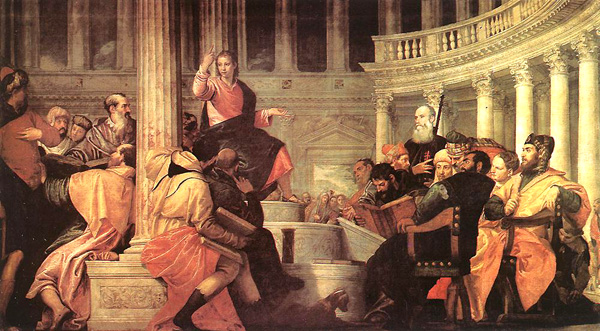|
|
| Canon Law |
|
|
|
|
|
|
|
|
|
|
| Liturgy |
|
|
| Catholic Issues |
|
|
|
|
|
|
|
|
| Personal |
|
|
|
|
|
|
|
|
|
|
| Bio Sketch |
|
Edward Peters This website is best viewed 1152 x 864 |
+
In recent years there has been a growing desire among Catholic writers to see canon law as an expression of theology and particularly of ecclesiology. The structure of the Church, they maintain, should reflect the theology of the Church and the laws which establish and protect these structures ought to be a faithful expression of dogmatic theology. These laws should be, and should be seen to be, dogmatic theology in the concrete, theology in action, applied doctrine. Clarence Gallagher, CANON LAW AND THE CHRISTIAN COMMUNITY, p. 90.
+
Quicumque ergo ecclesiasticus doctor ecclesiasticas regulas ita interpretatur aut moderatur, ut ad regnum charitatis cuncta quae docuerit vel exposuerit, referat, nec peccat, nec errat; cum salutis proximorum consulens, ad finem sacris institutionibus debitum pervenire intendat.
Ives of Chartres
Canon Law
|
"Christ among the Doctors of the Law" (Paolo Caliari, 16th century)
|
-
Incrementa in Progressu 1983 C. I. C. (Legislative History of the 1983 Code)
-
Annulments in America: Straight Answers to Tough Questions (olim: 100 Answers to Your Questions on Annulments)
-
1917 Pio-Benedictine Code of Canon Law in English Translation
-
Tabulae congruentiarum inter Codicem iuris canonici et versiones anteriores canonum
|
Selected Canonistics |
Reading Notes
|
-
Gratian Overview (coming)
-
m.p. Summorum Pontificum materials
Canonical Nuggets in Other Works
From time to time, I run across brief canonical comments in works not related to canon law. Usually they are brief, tangential asides, but many seem worth noting, either because they express succinctly an important point of canon law, or because they misread something of our science, and need correction. Over time, this could be a useful service, I think, or at any rate, an interesting exercise. I invite those who spot candidates for this column to submit their suggestions, with or without their own comments, for consideration. Enjoy!
R. E. Allen, Socrates and Legal Obligation, (University of Minnesota, 1980)
This excellent work deserves a place on any legal history or Greek studies reading list. It contains, however, a misstatement of canonical principles. At page 74, Allen writes, "It is canonically right to welsh on bets, because gambling is wrong and welshing discourages the practice..."
Correction: Pacta sunt servanda. Canon law makes no statements on betting at all, but Canons 22 and 1290 canonize the civil law of contracts, so, to the degree that betting is a species of contract, gambling obligations would be per se enforceable. The Catechism of the Catholic Church states "wagers are not in themselves contrary to justice" though it condemns the placing or accepting (but not the paying) of bets that are disproportionate to one's ability to bear losses without detriment to one's other duties. (CCC 2314).
Kenneth Woodward, Making Saints (Simon & Schuster, 1990)
A fascinating study with much to offer those willing to look past Woodward's cynicism (here, muted) but containing a canonical slip at p. 59: "Even today, an altar is defined in the church's Code of Canon Law as a 'tomb containing the relics of a saint.'"
Correction: Actually, the canon calls for a "tomb containing a relic" to be placed within an altar and does not identify an altar as a kind of tomb (liturgically, it most certainly is not one!) More significantly, the canon Woodward misconstrues was itself out of force by the time Woodward cited it, for he is clearly quoting Canon 1198 § 4 of the 1917 Code of Canon Law which, by 1990, had been abrogated for some seven years by the advent of the 1983 Code. The current canon, while encouraging the preservation of relics in altars, does not use "tomb" language at all (1983 CIC 1237).
Top || Home || Canon Law || Liturgy & Sacraments || Catholic Issues || Personal
